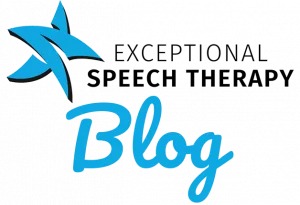0-3 Months
Language/ Communication
Cognitive/ Motor Skills
- Appears to recognize your voice and smiles or quiets
- Makes pleasure sounds (cooing)
- Smiles reflexively as newborn then develops social smile by 3 months
- Turns head to each side
- Rolls side to back
- Lift head 45 degrees
4-6 Months
Language/ Communication
Cognitive/ Motor Skills
- Moves eyes toward sound source
- Babbles using more consonant-like sounds sounds (p,b,m)
- Vocalizes excitement and displeasure
- Begins to play – “peek a boo” and other games
- Imitates some movements and sounds
- Holds self with forearms (Lifts chest from surface)
- Holds head steady in supported sitting
- Actively moves head in supported sitting
- Bears some weight on legs in supported standing
- Rolls prone to supine/supine to side
7-9 Months
Language/ Communication
Cognitive/ Motor Skills
- Exhibits resistive behaviors
- Shouts for attention
- Imitates play
- Plays vocally
- Recognizes some words
- Uses social gestures
- Uses jargon
- Sits independently
- Belly crawls
- Bears almost all weight on legs
- Pulls to stand on furniture
- Rolls supine to prone
10-12 Months
Language/ Communication
Cognitive/ Motor Skills
- Shows moods
- Uses objects appropriately (ex., spoon to pick up food)
- Obeys simple commands and directions
- Speaks one or more words
- Recognizes own name
- Walks, holding furniture
- Walks with two hands held
- Creeps on hands and knees
12-18 Months
Language/ Communication
Cognitive/ Motor Skills
- Responds to simple requests (“get your toy”)
- Points to common objects
- Uses simple gestures (e.g. waving)
- Says “mama” and “dada” and exclamations like “uh-oh”
- Imitates non-speech sounds
- Says one or two words
- Vocalizes with intent
- Finds hidden things easily
- Explores things in different ways (e.g. shaking)
- Puts things in/out of a container
- Pokes with index finger
- Uses things correctly
- Walks with one hand held
18-24 Months
Language/ Communication
Cognitive/ Motor Skills
- Demonstrates pretend play
- Follows simple directions without gestures
- Points to show others something interesting
- Uses several single words (e.g. no)
- Puts some two words together (“more cookie,” “no juice,” “mommy book”)
- Points to body parts
- Scribbles on his own
- Walks alone
- May walk up steps and run
- Pulls toys while walking
- Can help undress herself
- Drinks from a cup
- Eats with a spoon
2 Years
Language/ Communication
Cognitive/ Motor Skills
- Copies others
- Enjoys playing with other children
- Points to common objects/pictures
- Follows 2 step directions
- Knows the name of familiar people, common objects and body parts
- Puts 2-4 words together to form sentences
- Says things heard in conversation
- Sorts shapes and colors
- Completes rhymes
- Builds towers by stacking blocks
- Stands on tiptoe
- Kicks a ball
- Begins to run
- Walks up and down stairs holding on
- Climbs onto and down from furniture without help
- Throws ball
- Makes straight lines and circles
3 Years
Language/ Communication
Cognitive/ Motor Skills
- Takes turns in games
- Shows concern for others
- Understands possessives (e.g. mine, his/hers)
- Understands prepositions (e.g. in and on)
- Follows 2-3 step directions
- Can name most familiar things
- Uses pronouns (e.g. I, we) and plurals (e.g. cats)
- Can have a conversations using 2-3 sentences
- Dresses and undresses self
- Completes puzzles
- Copies a circle
- Turns pages one at a time
- Screws and unscrews jar lids
- Climbs well
- Runs easily
- Pedals a tricycle
- Walks up and down stairs, one foot on each step
4 Years
Language/ Communication
Cognitive/ Motor Skills
- Creative with make-believe play
- Recalls parts of a story
- Names colors and numbers
- Understands “same” and “different”
- Talks about what he likes
- Tells stories
- Sings songs
- Uses pronouns (e.g. I, we), possessives (e.g. his/hers) and plurals (e.g. cats)
- Starts counting
- Understands time
- Draws a person with 2-4 body parts
- Uses scissors
- Starts to copy capital letters
- Plays board and card games
- Hops and stands on one foot up to 2 seconds
- Pours, cuts with supervision and mashes own food
- Catches a bounced ball most of the time
5 Years
Language/ Communication
Cognitive/ Motor Skills
- Likes to sing, dance and act
- Can tell what’s real and make-believe
- Shows more independence
- Speaks very clearly
- Tells stories using full sentences
- Uses future tense
- Says name and address
- Counts 10 or more things
- Can draw a person with at least 6 body parts
- Copies a triangle and other shapes
- Can print some letters or numbers
- Stands on one foot for 10 seconds or longer
- Hops
- Can do a somersault
- Can use toilet on his own
- Swings and climbs
Onlooker Play
Age
Any
Definition
Children watching others during play and may be reluctant to join or may not know how to play
Example
2 children are playing on a slide, while a 3rd child is standing by watching them
Onlooker Play
Age
Any
Definition
Children watching others during play and may be reluctant to join or may not know how to play
Example
2 children are playing on a slide, while a 3rd child is standing by watching them
Solitary Play
Age
<2 years old
Definition
Children playing by themselves without interactions with other children
Example
A child playing on their own sorting and stacking nesting cups
Parallel Play
Age
2-3 years old
Definition
Children playing alongside each other, in similar activities, without obvious communication or interaction
Example
2 or more children playing with blocks near each other but not talking with each other
Associative Play
Age
3.5-4.5 years old
Definition
Children participating in similar or identical activities without formal organization or a definite goal
Example
2 or more children playing with blocks building the same thing, talking with each other but not working together to create something
Cooperative Play
Age
4-5 years old
Definition
Solving a problem by working together to achieve a common goal
Example
2 or more children are playing with blocks building the same thing
ASD Walk
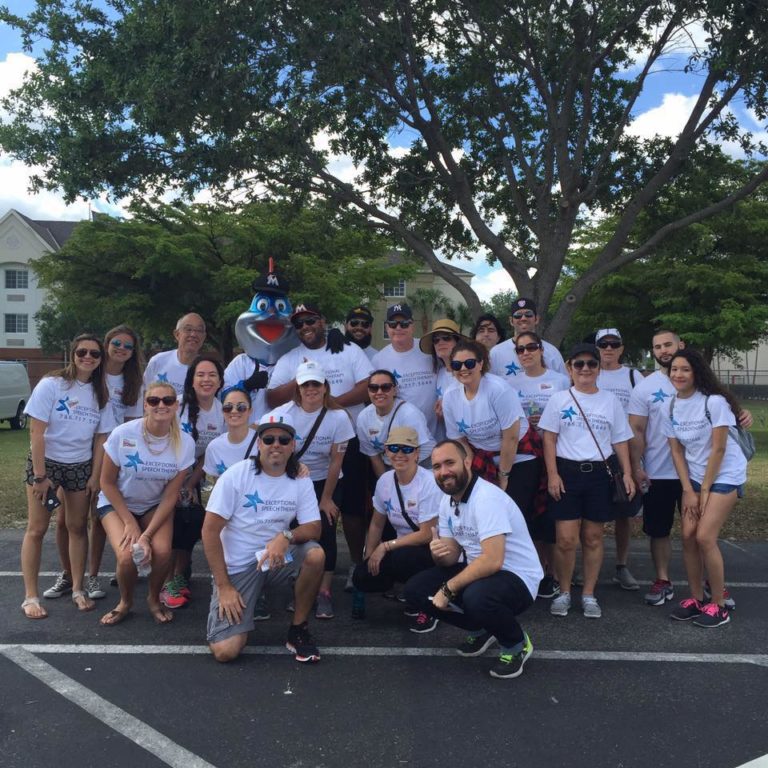
Our strength at Exceptional Speech Therapy grows with our community. Autism Speaks Walk is the world’s largest autism fundraising event dedicated to improving the lives of people with autism. The funds raised help ensure people of all abilities with Autism Spectrum Disorder have access to the resources they need. Learning and developing ourselves isn’t supposed to have an end. Being involved allows us to reflect on ourselves and get better along the way.
Hurricane Dorian Relief for the Bahamas
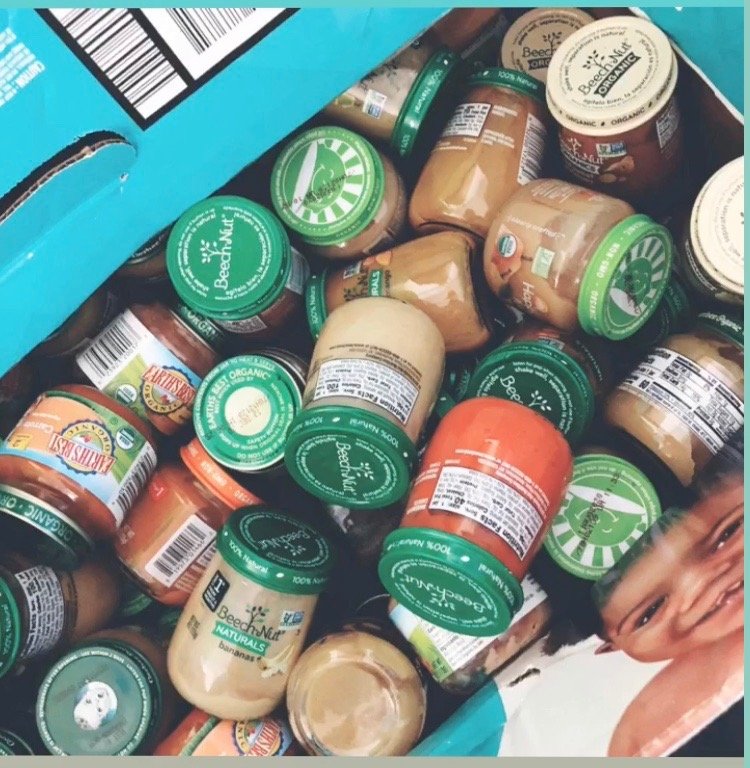
After Hurricane Dorian’s devastating landfall in the Bahamas, support for individuals and families impacted by Hurricane Dorian began across the United States. At Exceptional Speech Therapy, we know that helping others brings value to our community and brings more growth opportunities for everyone.
Military
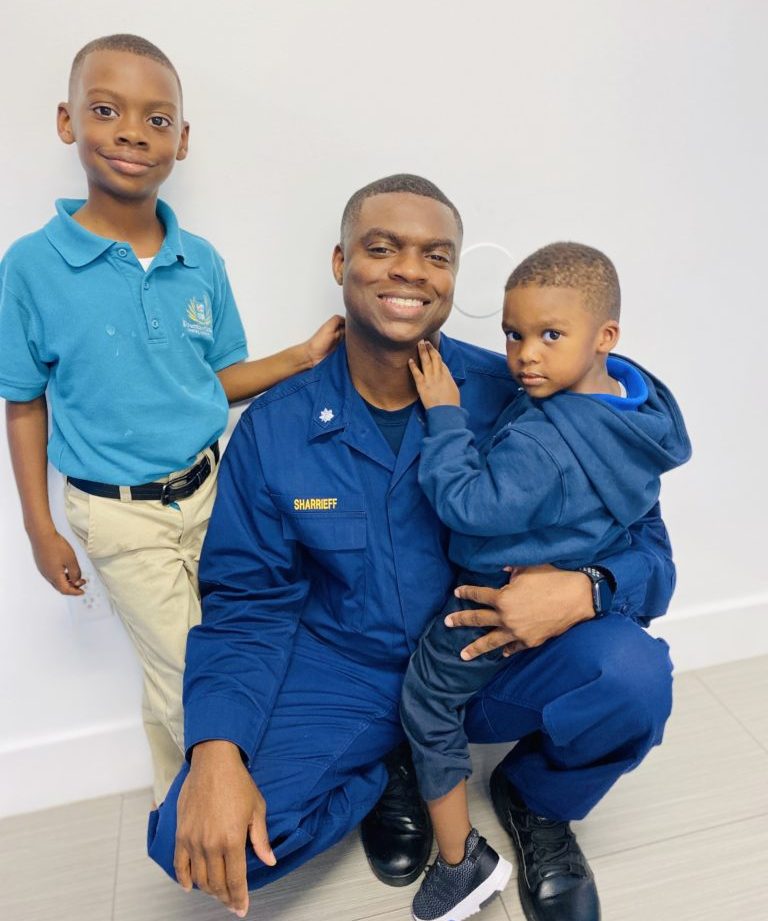
We love and honor our military men and women who selflessly defend our great nation. Our very own Director of Clinical Services was honorably discharged from the United States Army National Guard. We empathize with the demands the military places on its servicemembers and at Exceptional Speech Therapy, we ensure that all military personnel receive exceptional service at our facility.
Exceptional Speech Therapy is a proud TRICARE Provider. TRICARE covers speech therapy to treat speech, language and voice dysfunctions. TRICARE covers occupational therapy to improve, restore, or maintain function, or to minimize or prevent deterioration of function. A referral or prescription from your child’s pediatrician is needed before obtaining speech or occupational therapy services.
Free Screenings
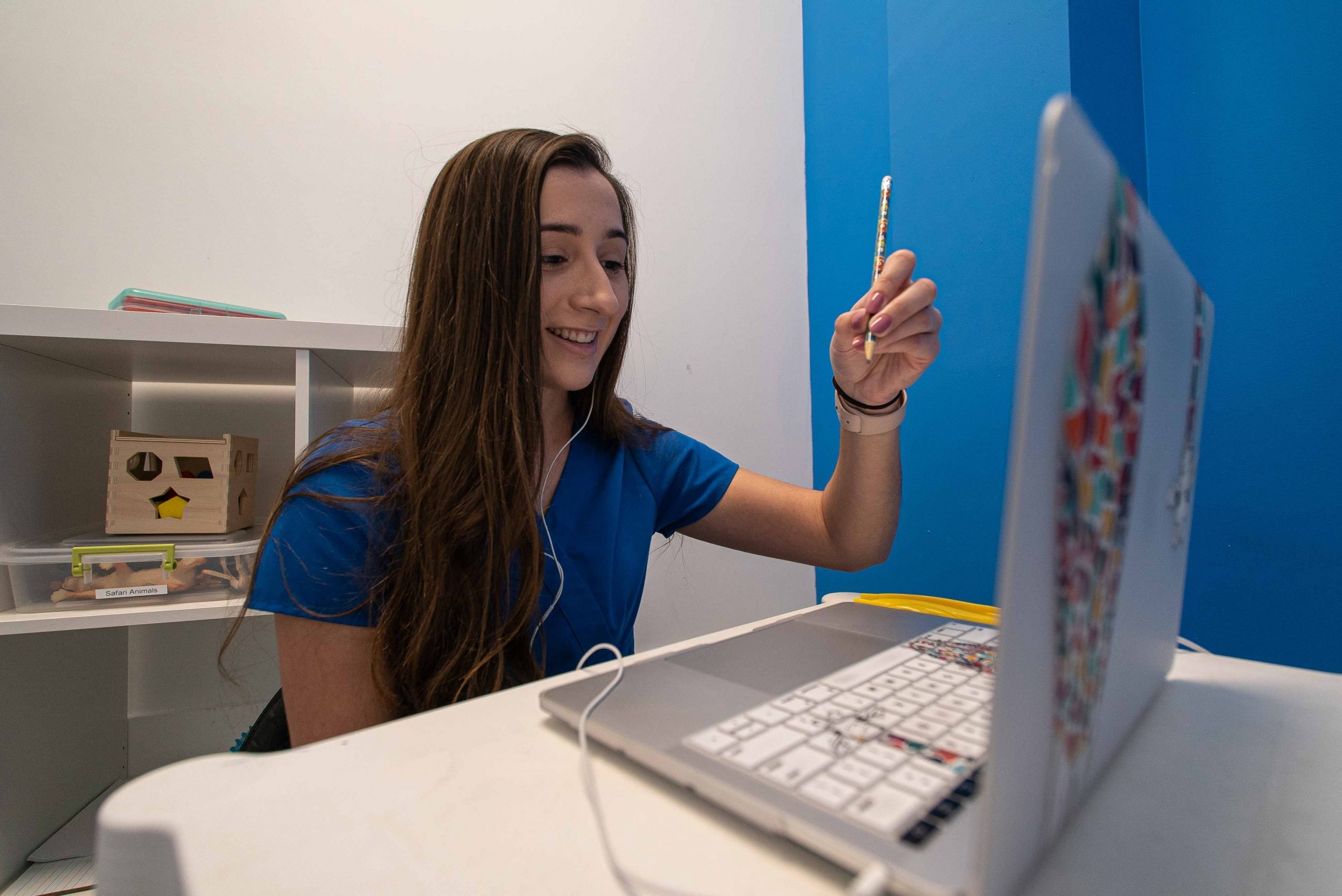
Speech-Language Pathologists (SLPs) are experts at screening individuals for possible communication, hearing, and/or feeding and swallowing disorders. SLPs have the knowledge and skills to treat these disorders; they can design and implement effective screening programs and make appropriate referrals. These free screenings facilitate referral for appropriate follow-up in a timely and cost-effective manner.
Registered Occupational Therapists (OTRs) are experts at screening individuals for possible gross motor, fine motor, and/or sensory processing difficulties. OTRs have the knowledge and skills to treat these difficulties; they can design and implement effective screening programs and make appropriate referrals. These free screenings facilitate referral for appropriate follow-up in a timely and cost-effective manner.
We offer free 10-15 minute speech and occupational therapy screening services to various local daycares and learning centers. If you are interested in having Exceptional Speech Therapy conduct free screenings at your daycare or learning center or if you’d like to come to our office located in Doral, please contact us at (786) 717-5649.
Myofunctional Therapy for Speech and Swallowing Disorders
Speech and swallowing disorders can significantly impact an individual's quality of life, affecting their ability to communicate effectively and enjoy meals without difficulty. While traditional therapies have long been used to address these challenges, a relatively newer approach, myofunctional therapy, [...]
What is “Scripting”? : A Guide for Parents of Kids with Autism Spectrum Disorder
Scripts are a superpower for kids with Autism Spectrum Disorder (ASD)! Let's dive into the wonderful world of scripting, what it is, and how parents can navigate this unique communication style with ease. What is Scripting? Imagine having your own [...]
5 Creative Ways to Wean Your Child off the Pacifier
Ah, the beloved pacifier – the magical tool that soothes fussy babies and saves parents from countless sleepless nights. But, there comes a time when the binky must go, as it can impact a child's oral development, sleep habits, and [...]

